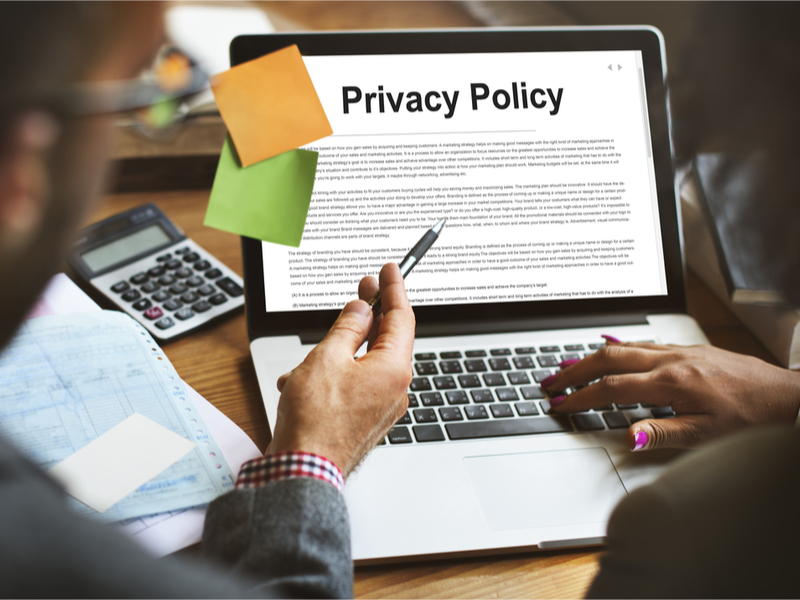Social networking has become one of the world’s most influential platforms for linking people to one another. At the speed of our data connections, we prefer to jump in, register, and add friends and relationships.
But how many of us are paying attention to the protection and safety of the information that we share? The last time you were asked to enable to “access your personal information” by a social media site, did you allow it?
Just allowing these invasions into your personal space seems to be the only way to share any data. What is safe, then? And why do you need to read every privacy policy on social media? We’re going to tell you next.

What Is A Privacy Policy?
A data privacy policy is a statement or legal document that tells consumers or users to a website about how the site gathers, uses, discloses, and handles data.
Banks, insurance agencies, weather apps, health care services, social media, and retail sites all request personal information and offer details about company privacy practices to clients and visitors.
At the bottom of any site, or inside the app store where you download, you will often find privacy policies. The Privacy Policy gives you a sense of what the company is doing to keep your personal information secure.
The General Data Protection Regulation, a 2018 European Union data-privacy protection framework, mandates privacy policies to be presented in a “concise, transparent and intelligible form, using clear and plain language.”
More often than not, it’s the total opposite.
Reasons to Read Every Social Media Privacy Policy
Comprehending data privacy policy is more critical than ever, mainly because online security issues and anxieties are increasing. The policies almost always detail the rationale behind companies to gather (and often sell) your data.
Get to know the privacy policy of the social media sites you’d like to use. Understanding the policies will help you make educated decisions about whether you want to sign up.
When reading a social media policy, you will know what data the company gathers, how they use it, and what other entities it is being disclosed to. If something makes you uncomfortable in the privacy policy, then don’t sign up.
For example, almost all of Facebook’s most popular apps have been sharing information about users with advertising and analytics companies.
If a user clicks a particular ad on a website, Facebook will give advertisers the address of that page, which will lead directly to a profile page.

What Can You Do?
Suppose you have already given your email address and other personal information. In that case, you will receive promotional emails, in which privacy policies also appear at the bottom, much like the “unsubscribe” feature.
If you can’t find a policy, take a pause and mark it a red flag. If you are uncomfortable sharing your personal information with third parties for marketing purposes, browse through and check for possible opt-outs or helpful privacy settings after finding a policy.
For instance, if the policy specifies that data sent out to third parties can be used for advertising purposes, then you might predict your inbox to see a spike in spam.
But, just because there is a data privacy policy does not mean that the information is kept protected by the organization. Check to see if you can access, modify, or erase any personal details the organization holds.
Conclusion
We exist in a data-driven world. Every day, our information is stored, used, and sold by companies – mostly with our permission, often without us entirely realizing how.
As data breaches continue and social media users get more concerned about their online rights, it’s more critical than ever to read every social media privacy policy.
It’s great to see transparency. Data privacy policies allow users to grasp better and manage the data they share. But they are only beneficial if they are easily understood and read by people.